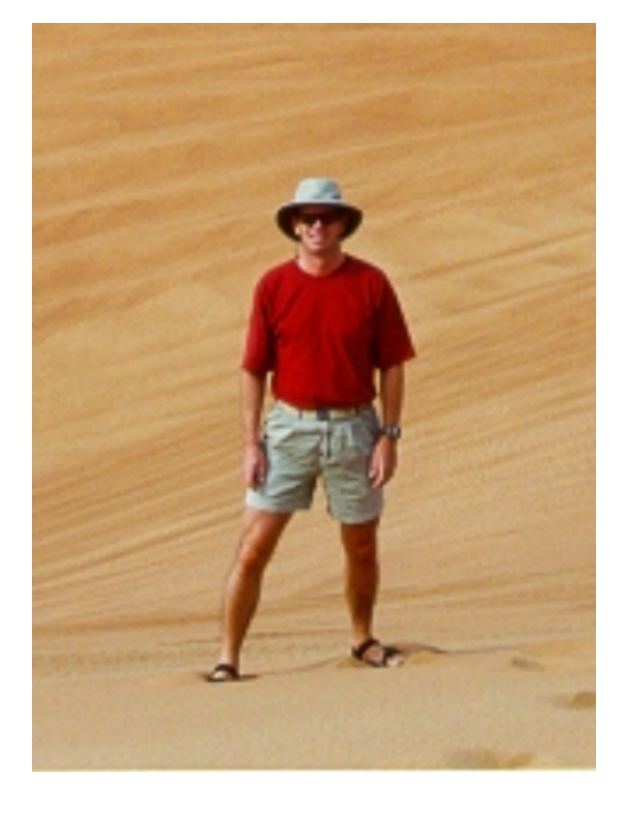Yonsei professor admits plagiarism
The writer of the original poem, Kim I-won, published the poem in 1983 in the Hongik University newspaper, where Mr. Ma was her instructor and the paper’s editor at the time."Borrowed the poem" - this is not like borrowing money and then returning it.
In April, Mr. Ma included the poem, “Mare Daehayo” (“About Words”) in a somewhat shortened form and with a somewhat different structure in a book of his poetry published last April.
Mr. Ma admitted the plagiarism. In an interview with the JoongAng Daily, he said he had asked the publisher of the book to recall all the copies. “It is clearly my fault,” he said, explaining that he tried but was not able to contact Ms. Kim before publishing the book.
“I borrowed the poem because I thought the idea was great,” he added.
He called Ms. Kim a “special friend,” saying he told her what he had done after the book was published last year, and thought she understood his motives because she had no reaction. He felt “betrayed,” he said, at Ms. Kim’s belated accusation.
S.Korean education minister resigns amid scandal of thesis plagiarism
Kim's scandal of alleged thesis plagiarism broke out just three days after he took office on July 21, when a vernacular daily disclosed that he was suspected of plagiarizing his student's thesis in 1987 while serving as a political science professor at Seoul's Kookmin University.
Following the plagiarism scandal, local reports said Kim is in suspicion of multiple publications of a single thesis and embezzlement of state academic subsidies.
This is/was the MINISTER OF EDUCATION.
The fact-finding committee of the Korea University professors’ association, which has been investigating suspicions of plagiarism cast on its new president Lee Pil-sang, announced on January 24, “After investigating the president’s papers and books, we concluded that the two papers under dispute were plagiarized, and in addition, there were three more of his works that had been copied from his students.”
Korea University President in Plagiarism Charge
Korea University president Lee Pil-sang published 12 academic papers that are almost identical to those written by students he supervised between 1983 and 2005, either under his name alone or as co-author with the students. He is also suspected of plagiarizing content and graphs from foreign textbooks in three of his books. Lee denies plagiarizing his students’ work, saying it was his ideas that served as the basis of their work. He said the foreign textbooks are as good as public property, “and I believed it was acceptable to refer to graphs, tables and content.”
This is the President of the number 2 university in Korea. They even developed a software program at Korea University to catch plagiarism. Perhaps the president's work should have been used as a test.














